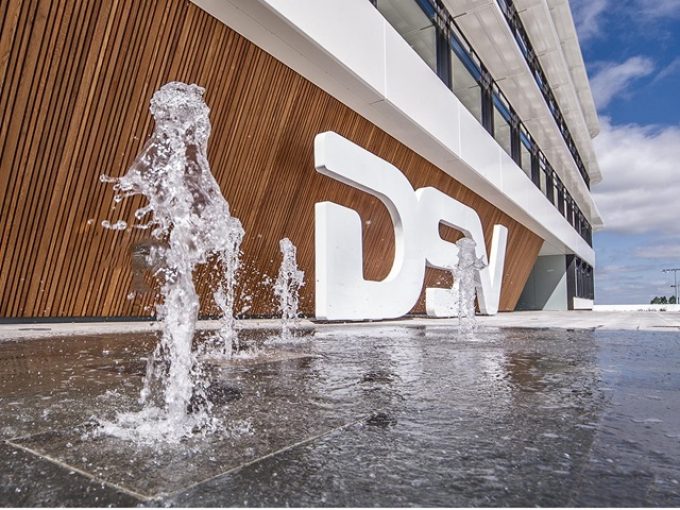Ecommerce and electronics traffic give Cathay Cargo results a lift
Cathay Cargo’s 2024 results were boosted by ecommerce and electronics, giving it a 11% hike ...

Even industry poster-boy DSV is not immune to the weakness in the market. This morning it reported revenues down 33% to DKK41bn ($6bn), while Ebit was down 31% to DKK4.6bn ($681m). Profit fell 25% to DKK3.2bn.
The Air & Sea division was most impacted, down 43% in sales as freight rates plummeted. Air saw the greatest slump, with an industry ‘leading’ volume fall of 20%, with exports from Asia Pacific noting the biggest declines.
“The volume decline was most significant at the ...
Transpacific sees first major MSC blanks as rates fall and volumes falter
'It’s healthy competition' Maersk tells forwarders bidding for same business
Opposition builds for final hearing on US plan to tax Chinese box ship calls
White House confirms automotive tariffs – 'a disaster for the industry'
New price hikes may slow ocean spot rate slide – but for how long?
Shippers snap up airfreight capacity to US ahead of tariff deadline
Supply chain delays expected after earthquake hits Myanmar
Tighter EU import requirements proving 'a challenge' for forwarders

Comment on this article